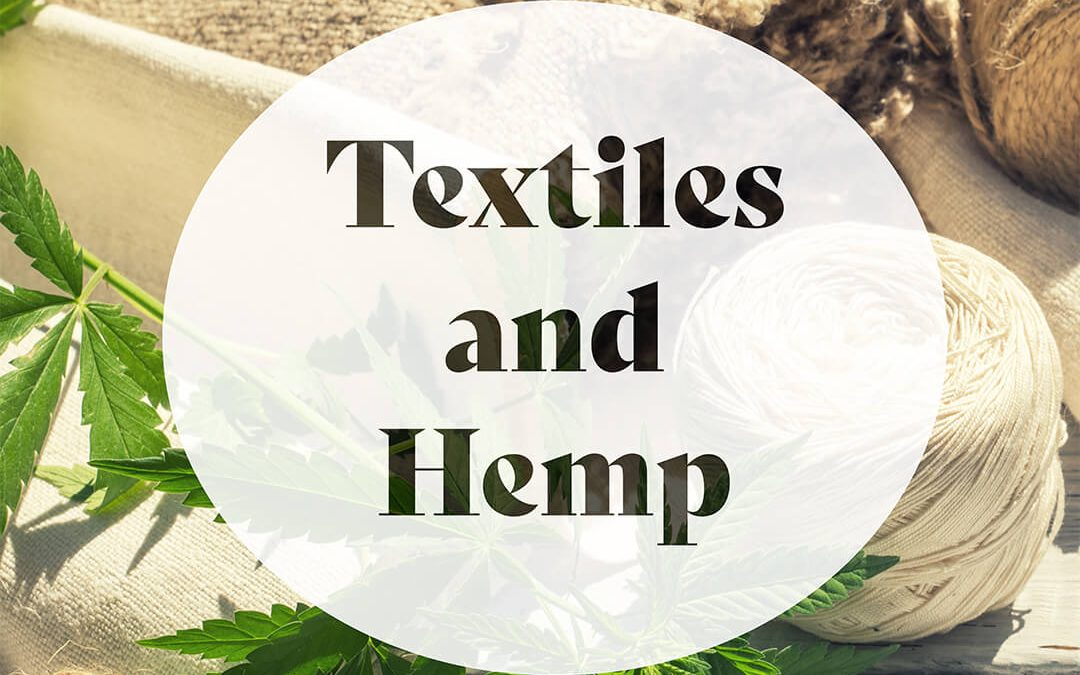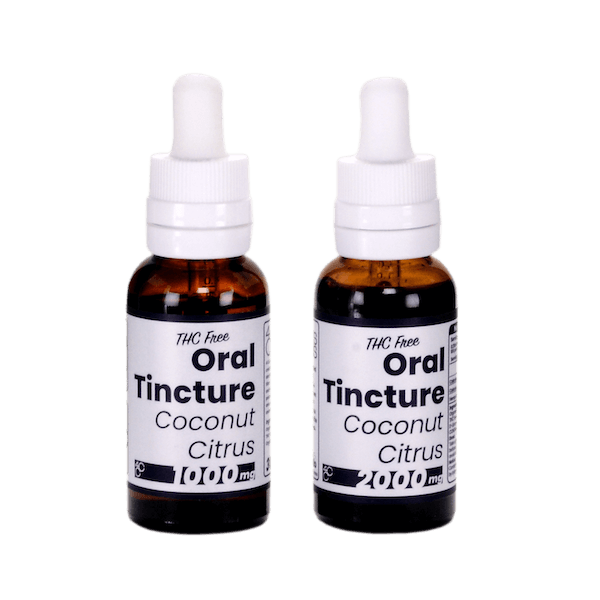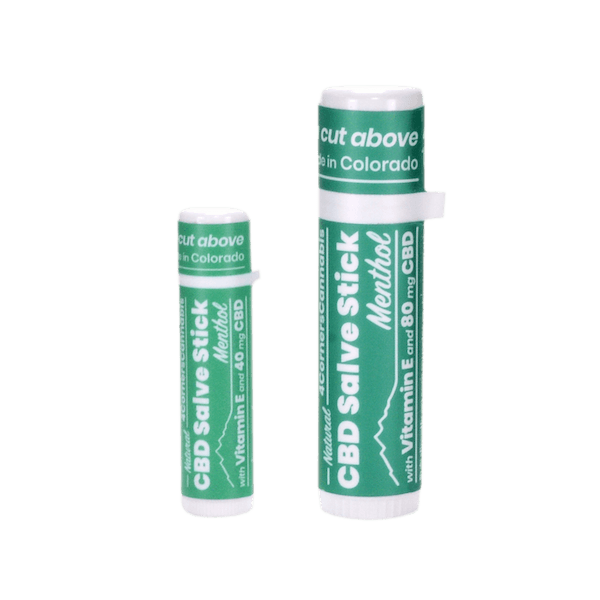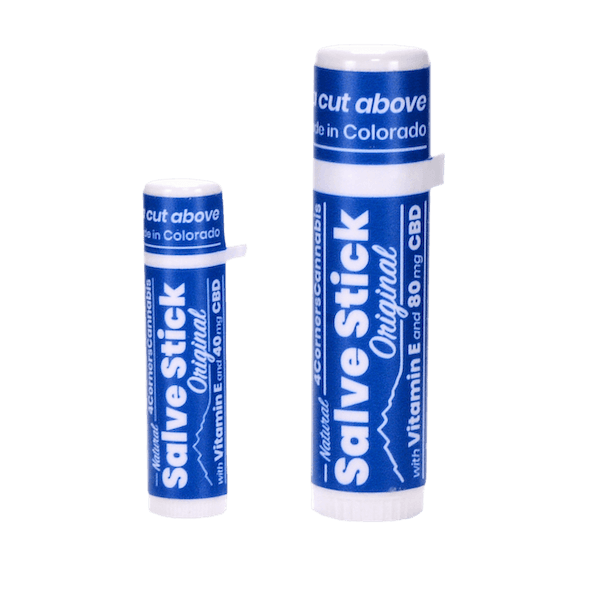Although we’re all very familiar with CBD, many people overlook another equally beneficial side of hemp. It’s rugged, durable, and sustainable, and it seems like there’s no end to the many uses for industrial hemp. The future of industrial hemp is bright thanks to the wide variety of things it can be used for coupled with the fact it’s environmentally friendly.
To understand why the future of hemp is so bright we first want to look at the history of Hemp in the USA. Then we can look to the future and the many uses for this incredible plant!
What is Industrial Hemp?
What is industrial hemp? It’s hemp grown for fiber and seeds rather than for the flower of the plant. To be clear, this kind of hemp generally contains extremely low amounts of cannabinoids, so it wouldn’t be particularly useful in creating CBD oil. Aside from that, however, industrial hemp seems capable of just about anything.
Why Was Industrial Hemp Illegal for So Long?
Industrial hemp suffered for many years due to its close association with cannabis and more specifically marijuana. As far back as 1937 laws meant to limit the production and growth of marijuana failed to make a distinction between the two plants.
After the last hemp crop was grown in Wisconsin in 1958 there was actually no hemp cultivated in the US until almost 50 years later.
The history of hemp prohibition is quite interesting, and we’ve written a full article separate from this to dive into the details further.
With legislation and cultural stigmas starting to turn, industrial hemp can start to put this behind it and move forward.
The Future of Industrial Hemp
Thankfully, the United States is well into a hemp revival. The first state to ease restrictions on growing hemp was Colorado in 1995. Many states have followed with over half the states currently having at least some legislation regarding hemp farming passed.
This is a huge step for both economic and ecology. Hemp is fast growing and renewable, making it a perfect replacement for a crop like cotton and non-renewable products like plastics.
Cotton, for example, uses far more resources to grow than hemp and damages soil, while is quicker, cheaper, and replenishes the soil it’s grown in. Plastic substitutes made from Industrial hemp products are biodegradable and will not sit in landfills and our oceans for decades after they are used as well.
What can Industrial Hemp be used for?
A more apt question might be, “What can’t industrial hemp be used for?” It’s not terribly hard to grow, it’s a great crop to rotate with others to replenish soils, and its uses include, but are not limited to:
- Food in the form of Hemp Seed Oil. It’s a source of protein as well as a balanced spectrum of Omega 3, 6 and 9 fatty acids
- Textiles and Fabrics of all types. Sheets, clothes, storage sacks, you name it
- Fuel in the form of biodiesel.
- Wood stain and varnish.
- Construction in the form of “hempcrete”. While it can’t bear the same load as concrete, it can take the place of concrete for projects that aren’t as heavy duty.
- Cars in the form of… Cars! It turns out, some individuals have made cars composed mostly of industrial hemp. You can check out one such car by clicking here. It’s one of the more impressive hemp creations to date.
This list is far from complete, but illustrates the versatility of one of the simplest plants. As more farmers incorporate industrial hemp into their acreage, we’ll likely see it popping up in more of the everyday products we use.
Why this matters
In a world moving towards sustainable energy and industry, hemp’s moment in the spotlight is here. The future of hemp seems nearly limitless. Not only does it supply the diverse array of products listed above, it also outcompetes other crops from an economic perspective. If it wasn’t versatile enough already, the article The Future for Hemp: What is at Stake? adds that it is a carbon negative crop. This means that among its many uses, it absorbs more carbon from the atmosphere than the carbon emitted in growing, processing, and transporting it. In short, it can be grown and utilized more efficiently than other crops grown for the same purposes.
In her article 13 Reasons why Industrial Hemp is the Crop of the Future, Juliet Childers lays this out. She shares that an acre of hemp takes half the water that an acre of cotton takes. It also produces 2-2.5x the yield that an acre of cotton produces. It also propagates more of its own natural pesticides than cotton does.
Hemp is a great alternative to plastics. Unlike plastic, hemp degrades at a natural rate and doesn’t put toxins into the environment, which leads us to the next point.
Industrial hemp might have applications in cleaning up toxins via phytoremediation. This is a process in which it is intentionally grown near sites of chemical disasters in order to draw the toxins out of the soil and into the plant. It’s clear that this plant is not only green in color, but ecologically green in virtually all of its applications.
Growing the economy, and doing so responsibly
What is industrial hemp’s economic contribution? As it’s ever-expanding reach permeates a variety of markets, it will create jobs, and jobs that employees can feel good about. Since these will be green jobs, they’ll have a future that many other dwindling industries lack.
According to one USDA document on the economic viability of industrial hemp in the US, state pilot programs that reported 0 acres of industrial hemp in 2013 reported over 90,000 acres in 2018… and that was two years ago! We can only imagine the numbers that will be reported for 2020.
Summary – The Bright future of Industrial Hemp
By supporting companies that are using hemp in their textiles and products rather than cumbersome, environmentally unfriendly ingredients, you can be part of the change both our economy and our environment need.
We urge you to do some research before your next purchase. Mother nature will thank you for it. It seems that after its relatively brief disappearance from the market during the twentieth century, hemp is back and here to stay. Since we’ve now discussed the future of hemp, you can learn a bit more about the ancient history of hemp by clicking here.




